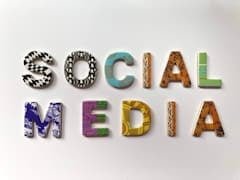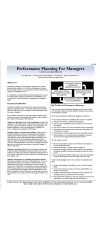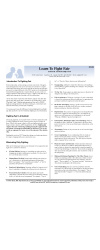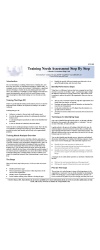Umair Haque, the Harvard academic, posts on The Harvard blog, a thought provoking idea about the limitations of social media and the kinds of relationships that are forged via social media. He speaks of “thin relationships” Here’s a quote that expresses the concepts:
Call it relationship inflation. Nominally, you have a lot more relationships — but in reality, few, if any, are actually valuable. Just as currency inflation debases money, so social inflation debases relationships. The very word “relationship” is being cheapened. It used to mean someone you could count on. Today, it means someone you can swap bits with. Thin relationships are the illusion of real relationships. Real relationships are patterns of mutual investment. I invest in you, you invest in me. Parents, kids, spouses — all are multiple digit investments, of time, money, knowledge, and attention. The “relationships” at the heart of the social bubble aren’t real because they’re not marked by mutual investment . At most, they’re marked by a tiny chunk of information or attention here or there.
His ideas have stimulated a fair amount of discussion, and a few others have commented upon effects of social media on the use of language — the redefining of words like friend, follower, etc and whether social media will alter real life /non social media related relationships.
That is certainly a concern, but it’s a “large scale” societal issue. A point that is a bit more important in our context (business and social media) seems to have been missed. The problem isn’t that “thin relationships” are formed, since this type of relationship is not exclusive to social media, but exists everywhere, even in many face to face interactions. That’s why we have different words, like acquaintance to characterize relationships that lack the depth or meaning of friendship, but reflect that the relationship exists and is more than that between two strangers.
The problem is that people do not make the distinction between relationships that are mediated by technology (social media relationships) and those that are not mediated that way — ie. through face to face interactions. When one treats them as the same, the people involved get mislead and the potential for inappropriate action occurs both in interpersonal type interaction or business interaction.
It’s hard for people to grasp that when technology mediates between two people, it alters the meaning of the communication in subtle but important ways, which in turn alters the relationship between the two people. We’ll examine this more closely in the future and explain why this is so, but suffice it to say that it’s important that people who use social media understand that their “friends” there on not the same as their “friends” in the non-virtual world.
Code: mxyzpickle






